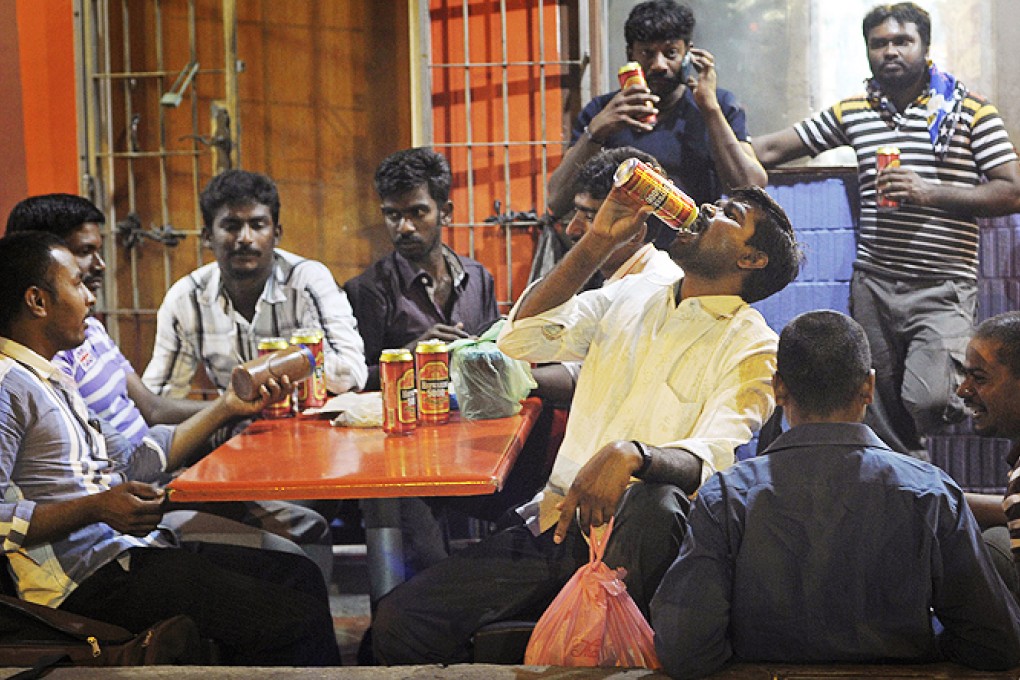Opinion | Why Singapore is a poor role model for Hong Kong
Philip Bowring says Hong Kong should care little for a social economy propped up by dominant state enterprises and foreign companies, and an underclass of low-skilled migrants

So much - often nonsense - is written about how Hong Kong should follow Singapore in assorted ways - economic, political, social and so on. It is time to set the record straight.
First, the good things about Singapore. The most prominent and least controversial are its efforts to be in the van of environmental improvement, whether reducing air pollution, limiting private car ownership and taxing its use, or recycling water.
The reason Singapore has done these things is not because it has an authoritarian government but because it has strong political and bureaucratic leadership, which is relatively impervious to narrow business interests, of the sort with which Hong Kong is all too familiar. It also knows that most of these policies meet with public approval. That helps sustain the People's Action Party in power.
The downside of Singapore's authoritarian system is plain to anyone with the remotest interest in free speech and assembly, and keeping the noses of the government out of personal affairs and private business. That difference indeed remains the cornerstone of Hong Kong. However, it has yet to find a way of marrying these freedoms with a government that is both effective and reflects the interests of the majority.
In Singapore, the ruling party used state power to build an economy in which state enterprises and foreign companies were pre-eminent, and often provided with tax breaks, effectively curtailing the influence of big private businesses and disadvantaging small businesses.
There should be real concern in Hong Kong not only about the political power of a few, mostly property-related business, but also the use of government regulations to favour select mainland state enterprises in key areas such as telecoms and power. The push for Hong Kong to become "more like Singapore" is all too evident.
